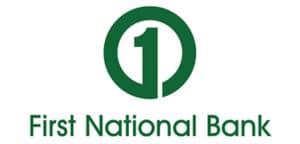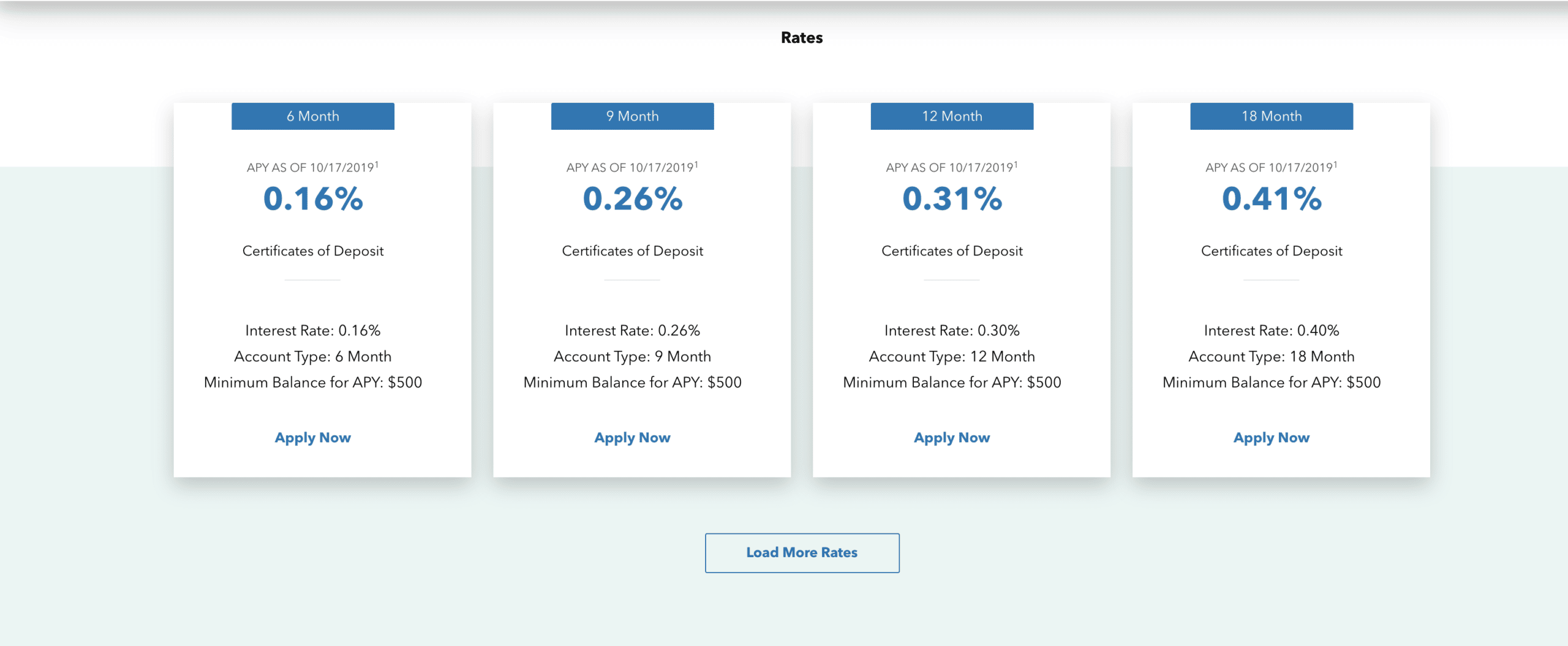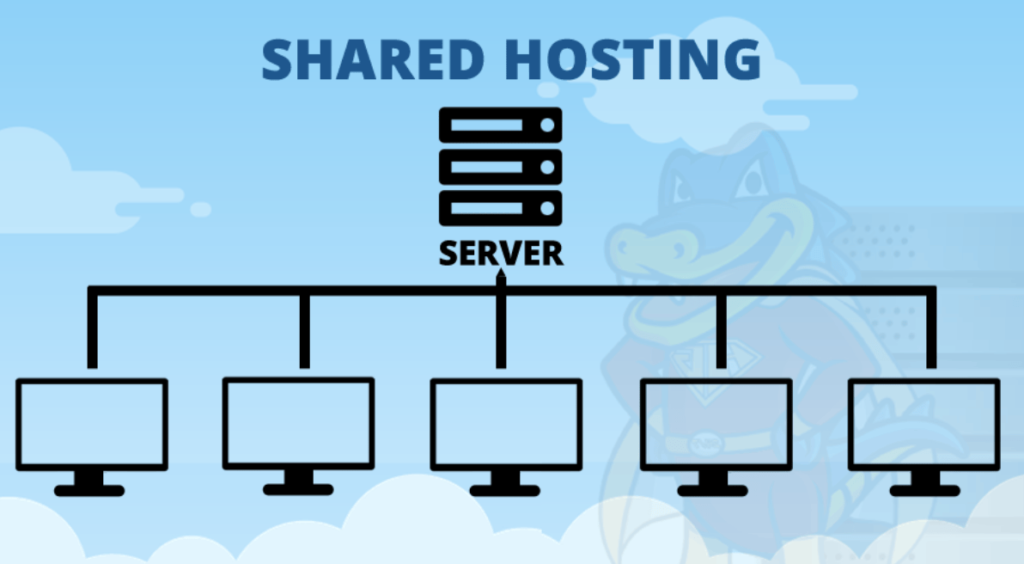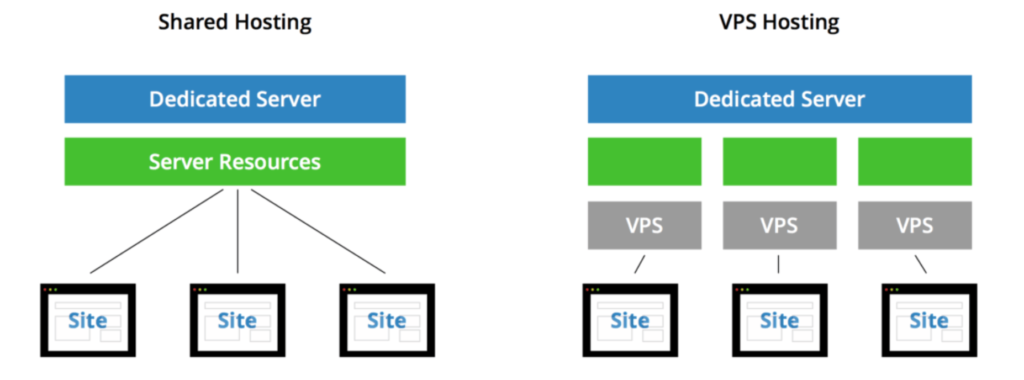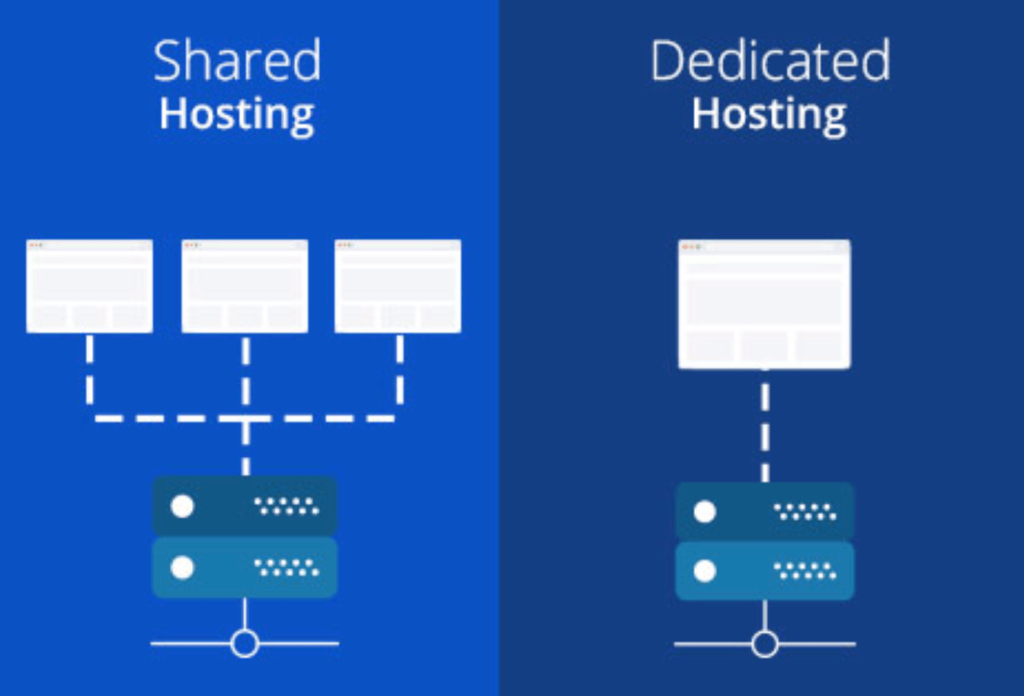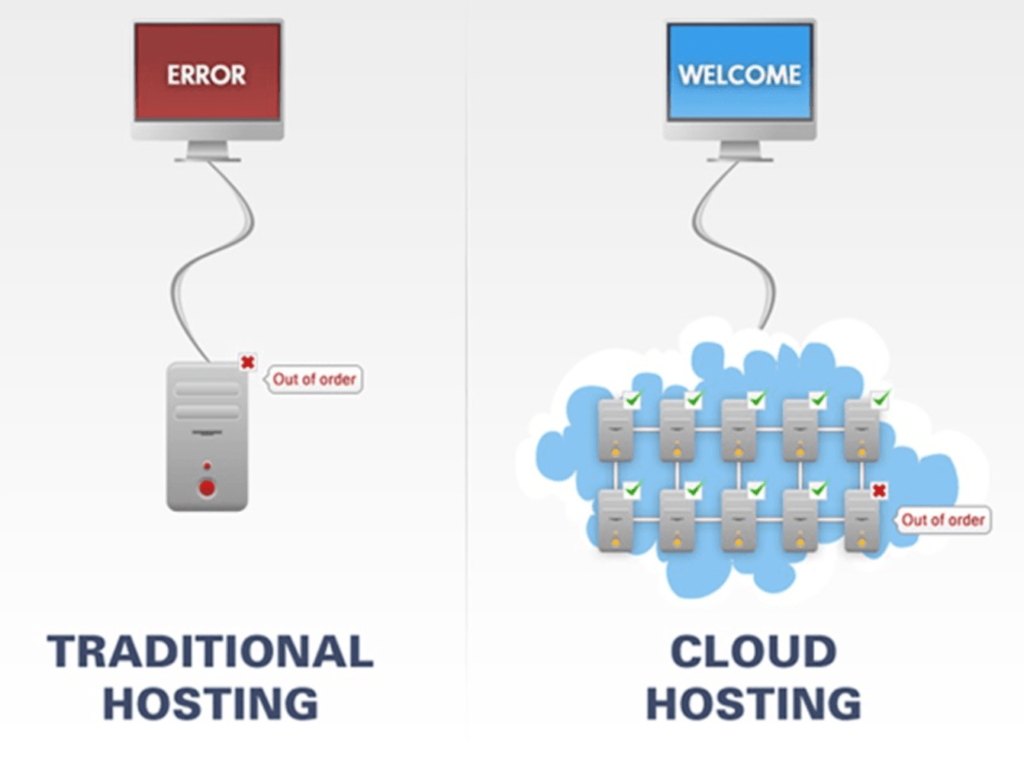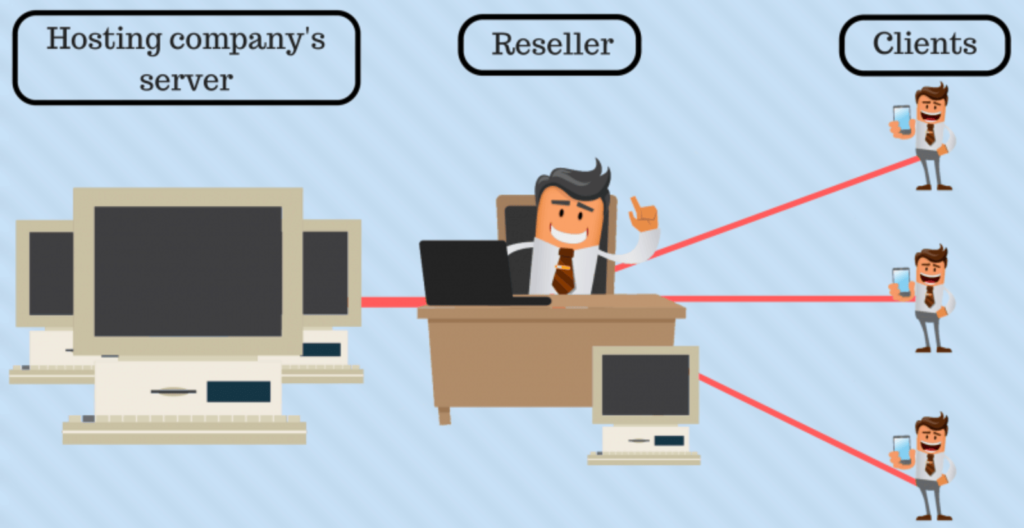You’re likely here because you don’t want to pay more than you need to for web hosting. Why pay more, right? The other question I’m sure you’re asking is: Free web hosting — what’s the catch?
We’ve all heard the saying there’s no such thing as free lunch, but is there such a thing as free hosting? Yes, and no. Free hosting exists, but it’s not great. You may even pay in the long run: in lost sales, man hours, frustrations, etc.
To be brutally honest, even the best free web hosting only makes sense for a very narrow scope of websites. If you are going to run a small business or build an online presence you want to grow, I recommend paying for hosting. Some of the best web hosting services start for as little as $4/month. For the price, you’ll get increased functionality, more reliability, and better customer support. For $50 a year, it’s an investment I think is worth it for just about every site. I also have a guide on the best cheap hosting plans, which is much better than many of the free options.
In this guide, I’ll walk you through the best free web hosts, their pros and cons, explain “the catch,” and point out a few other free options you should consider.
The Top 5 Free Web Hosts Compared
- Awardspace — The free hosting plan includes one gig of storage, a drag-and-drop site builder, and WordPress installer.
- Atspace — A lot like Awardspace, but with unlimited bandwidth and 24/7 customer support.
- Freehostia — Fast speeds and customer service in under an hour, but super small storage limits (250 MB disk space, 10MB database storage).
- Agilityhoster — A runner up. More limited storage and bandwidth, and no drag-and-drop builder.
- Byethost — Skip it. Promises of unlimited storage, bandwidth, and sites plus 5 email accounts, but so unprofessional I’d pass.
Educators and nonprofits often qualify for free (or deeply discounted) hosting by some truly excellent providers. Jump here to read more.
Pro Tip: Two Free Website Builders Offer Free Hosting
- Ucraft — If you just need one page, Ucraft’s one-page site builder will get you online and looking professional for free with a custom domain.
- Google Sites — Google is free site builder that can host a custom domain and is a good choice for something simple like a wiki.
Hands-down the easiest way for most people to get a website up and running is a website builder, where you can drag-and-drop content blocks and tinker around with customizable templates. Most website builders are only free if you use a subdomain (for example, our URL on a Wix subdomain would look like: quicksprout.wix.com), which is a dealbreaker for anyone who wants to run a professional-looking site. I don’t like it one bit. I talk more about free hosting using a subdomain here.
What’s a custom domain? A custom domain is what switches your url from www.MyBrand.WebHost.com to www.MyBrand.com. If you’re serious about your business, you need to use a custom domain — free subdomains just scream, “I didn’t pay for this,” which is like putting up a flashing sign that says BUYER BEWARE.
I have great news, though. There are two builders that host websites for free and connect to a custom domain. They are super simple and have limited functionality — but since super simple, limited websites are the only ones I recommend hosting for free, that’s not really a problem. The two that meet this criteria are Ucraft and Google Sites.
If all you need is a super simple page — AKA the only kind of site that should run on a free host anyway — I recommend you try a free website builder that hosts custom domains, like Ucraft or Google Sites.
The Cons of Free Hosting
Like I mentioned above, I’m not going to dance around the fact that there are plenty of downsides to free web hosting. To make my recommendations for the best free host, which is definitely a title that’s relative to the niche, I took the following six criteria into consideration.
Ads
Some free web hosts stay afloat by selling ad space. We wanted to avoid those providers — no one wants random ads appearing in the middle of their content — and opted for hosts that support their free tier from sales of their paid hosting plans.
Email hosting
My recommendations offer at least one custom email address and free email hosting since that is one of the glaring things lacking from a free website builder. (Ucraft doesn’t offer email hosting at all and Google Sites only offers a custom email address if you pay $5/month for GSuite.) An email that’s attached to your website and domain name is great to have for one-off correspondences (plus looks pro on a business card), and a free web host provider’s email hosting is perfect for that.But be warned, your legit emails may be flagged as spam. Why? Free hosting is a hotbed for less-than-savory online activity, and your site might get lumped into a server of bad actors. In other words: spam filter activated. If you’re going to use your email a lot or for anything important — say for sending out a newsletter or for marketing promotions — we recommend upgrading to email hosting through a service like GSuite or even a domain registrar like Namecheap, which sells email hosting starting at $10/year.
Storage and bandwidth
Free web hosting has famously low limits for both disk space and bandwidth. If you go over your limit, your site may get suspended or you may be automatically upgraded to a paid service. Even when providers like Byethost offer unlimited bandwidth and storage, it’s not infinite. Just like with a paid service, unlimited storage and bandwidth only last until you start negatively impacting the other sites on your server — and all hosts are extremely vague about how much traffic or storage is too much traffic or storage. Have a negative impact and your site may still be suspended or auto-upgraded.
PHP and MySQL
PHP is one of the most popular programming languages. It’s what apps like WordPress, Joomla, and Drupal run on, and therefore what a lot of websites use. MySQL are databases those apps store information on. Your web host needs to support up-to-date versions of both. The problem: Most hosts don’t disclose the exact version of the PHP or MySQL they run. And even if these apps do work, there is a high likelihood that with any free host they are going to load slowly — a PHP application requires a lot more lift from what is probably an extremely burdened server. If you’re worried at all about page load time (and you should be — Google takes it into account), we recommend limiting anything you build on a free host to a simple static HTML/CSS site.
Another thing to keep in mind is database limitations. Every piece of software you want to use on your site requires a database to store its information. If you are running WordPress, it needs a database. If you’re running another app, it’s going to need its own database. Most free hosts impose a limit on the number of databases your site can access, and the amount of storage available in that database.
SSL certificate
Secure Sockets Layer encryption is what confirms a website is secure enough to receive sensitive data like credit card data and passwords. SSL certificates are the only way a site can do any sort of ecommerce at all, but Google also considers it a factor for where any site, ecomm or not, shows up in search rankings. Most free web hosts don’t offer a free SSL certificate; the ones that do tend to offer a “self-signed” SSL. Self-signed SSLs are issued by servers, not by a certificate authority (Comodo, Digicert, Let’s Encrypt, etc). They offer the same level of encryption, but it’s not the standard version, so web browsers will still flag your site and issue a security warning to visitors.
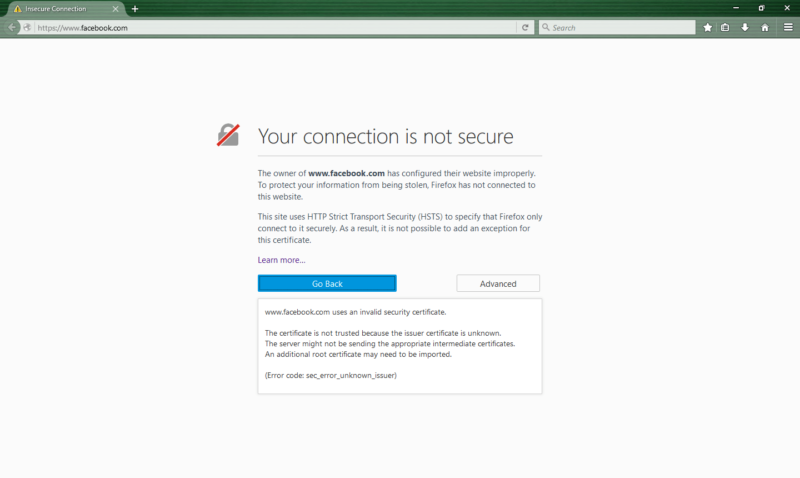
Customer support
With any free host customer support is going to be limited, slow to respond, and not all that helpful. That’s just the way it is.
A note on custom domain names and domain privacy: You can host a site with a custom domain for free, but you’re still going to have to purchase the domain name through a domain registrar. Lots of hosting providers have a domain registration arm of their business, but you can also purchase a domain anywhere and connect it to your free web host. No matter what, we recommend also springing for domain privacy, which keeps your personal information (including your phone number and physical address) from being listed on the WHOIS public database. Opt-out, you’ll be spammed like crazy — at least for now. (Since the EU’s General Data Protection Regulation (GDPR) went into effect in May 2018, domain registrars are “refraining from publishing this information” to avoid liability. Others are retracting information to avoid accusations of selling information to spammers.)
The 5 Best Free Web Hosts
Awardspace
- 1 site, 1GB storage, 5GB bandwidth
- No ads
- Domain registration
- Limited customer support ticketing, live chat, online documentation
Awardspace is a big player in the free hosting space and has been around for more than a decade. It stands out for offering a full gig of storage, more than many others, and, according to a friendly sales rep we chatted with, up-to-date versions of PHP and MySQL. It also offers the Zacky drag-and-drop website builder, plus an easy-to-use WordPress and Joomla installer. Note: If your site receives no traffic for 12 months, it will automatically be set to inactive; after two more weeks of notices, it will be deleted.
More Awardspace specs
PHP 7.2, MySQL 5.7, 30MB database storage, 1 email account, no SSL
Atspace
- 1 site, 1GB storage, unlimited bandwidth
- No ads
- Domain registration
- Limited 24/7/365 customer support, live chat, limited ticketing, online documentation
Atspace has nearly identical stats to Awardspace, with the exception of unlimited bandwidth (as opposed to Awardspace’s 5GB) and a claim of 24/7/365 support. (Digging deeper, though, Atspace lists that support as “limited 24/7/365 support” so take that with a big fat grain of salt.) Atspace also uses the Zacky website builder and app installer for apps like WordPress and Joomla.
More Atspace specs
PHP 7.2, MySQL 5.7, 30MB database storage, 1 email account, no SSL
Freehostia
- 5 sites, 250MB storage, 6MB bandwidth
- No ads
- Domain registration
- 24/7 customer support with 1-hour ticket response and online documentation
Freehostia offers free cloud hosting on its Chocolate plan (your guess is as good as ours). That means it should be fast, but the Chocolate plan is also very small: only 250MB of disk space and 10MB of database storage. That said, it does include a free self-signed SSL certificate, a site builder with free templates, and the promise of a response to help tickets in under one hour — pretty much unheard of. If you have a small enough site, the customer service promise alone makes Freehostia a compelling pick.
More Freehostia specs
PHP 4 / 5 / 7, MySQL 5, 10MB database storage, 3 email accounts, self-signed SSL
Agilityhoster
- 1 site, 1000MB storage, 5GB bandwidth
- No ads
- Domain registration
- Limited ticketing, live chat, online documentation (24/7 customer support for system malfunctions only)
Agilityhoster’s free tier is slightly smaller than what’s offered from Awardspace and Atspace: only 1000MB of storage and one 20MB MySQL database. It also lacks any sort of website builder, although it does have a simple WordPress and Joomla installer to get you up and running quickly. A sales rep confirmed that it runs up-to-date PHP and MySQL.
More Agilityhoster specs
PHP 7.2, MySQL 5.7, 20MB database storage, 1 email account, no SSL
Byethost
- Unlimited sites, storage, and bandwidth
- No ads
- Domain registration
- 24/7 customer support and knowledge base
Byethost is by far the most generous free web host with unlimited sites, unlimited storage, unlimited bandwidth, and five email accounts. It also provides an automatic SSL on all domains, and includes a free site builder with templates. That said, Byethost is one of the least professional-looking hosts I looked at, with a poorly written website and enough vagueness that I wonder how unlimited its unlimited offerings actually are. Unless you think you need a lot of database space, I recommend going with a different free host.
More Byethost specs
PHP 5.4, 5.5, 5.6, 7.0; unlimited database storage; 5 email accounts; self-signed SSL
Free Hosting for Ecommerce Sites
Selling products through a website that’s hosted for free isn’t easy. I wouldn’t be able to sleep at night if I didn’t say this: if you’re serious about starting a business online, you need to run your ecommerce with Shopify. It’s the only contender in this space, and the subscription cost is well worth it.
Most free sites don’t support ecommerce, and when they do, the experience is pretty limited.
Strikingly
- Sell 1 product on the free plan
- Custom domain costs additonal $24.95/year
I was actually pretty surprised to find Strikingly, a website builder that also offers built-in ecommerce on its free plan.
The catch here is pretty big: You’ll be limited to selling one single product, and you’ll be limited to using a Strikingly.com subdomain. So, it’s ecommerce but it’s definitely no place to build an ecommerce business. If that’s what you’re doing, you should head over to our guides How to Create an Ecommerce Website in 9 Easy Steps and How to Start an Online Store That Drives Sales in 2019. You won’t regret it.
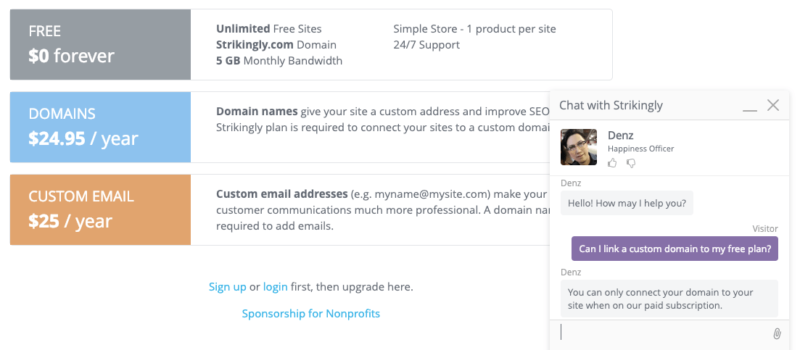
I confirmed with Strikingly support that if you want a custom domain, you’ll be paying for a subscription.
Though selling only one product on a subdomain is super limiting, it’s very rare to find a free option that’ll let you sell anything at all. That’s why I included it at all. But, you already know how I feel about subdomains. (They are instant trust breakers for people who aren’t already convinced to buy from you.)
Free online stores are a little easier to come by. The difference? Online stores are just the stores, without the bells and whistles of a full-fledged website. That means no blog, no additional content — just products.
Square
- Drag-and-drop editor, plus four customizable themes
- Supports custom domain name
- Transaction fee: 2.9% + $0.30
Square is a powerhouse business that was originally best known for its point-of-sell credit card swipers found at every farmers market and craft fair. Its free online store hosts unlimited products and has decent functionality.

Square offers four customizable templates for its free online stores.
Ecwid
- 10 product limit
- Start Site supports custom domain name
- Transaction fee: Depends on payment provider (Ecwid supports 40 gateways)
Ecwid is a really interesting option. While it offers a free online store like Square (Ecwid calls it a “Starter Site”), Ecwid also offers a free online store widget with code you can insert into pretty much any platform your site is on from Wix to WordPress to Tumblr just like you’d insert a YouTube video. That widget also means you sell simultaneously on multiple sites.
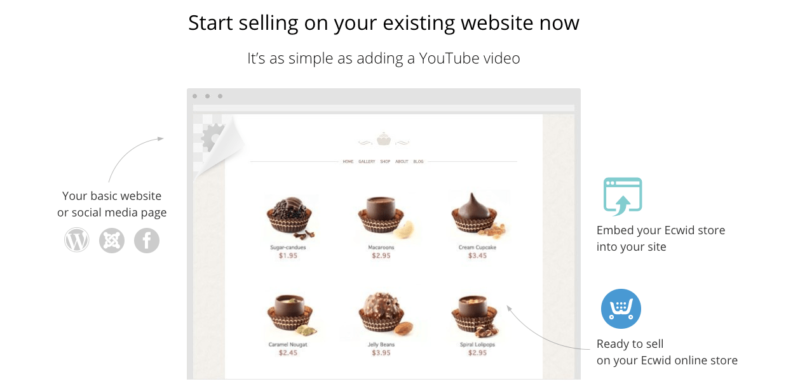
You can add an Ecwid online store to any website for free.
The 2 Free Website Builders with Free Hosting
Design limitations are probably the biggest downside to using a free website builder. If the templates available on Ucraft and Google Sites aren’t what you’ve envisioned for your site, the next easiest free option is to find a free template you like and pair it with a free web host. I may be beating a dead horse, but the best web hosting services aren’t that expensive. We’re talking around $4/month for the initial contract. I think the price more than pays for itself in customer service, security, and speed.
Ucraft Review
- Drag-and-drop builder, plus customizable templates (although you can’t update fonts)
- Single page
- Supports custom domain
- Ucraft ad floats in bottom-right corner
- Upgrade for unlimited pages, more customization, and no ads for $6/month
- Ecommerce functionality starts at $14/month
Ucraft has a free plan for a single-page website that’s built with what it calls “elements.” An element is any individual piece of content: a title, a text block, a video, an image, an image gallery, a button. Ucraft’s free tier supports up to 50 basic elements, so that single-page website can hold a decent amount of content — just nothing too snazzy.

Six of Ucraft’s 21 free templates, including a blank page for a completely customized site.

A “Powered by UCRAFT” ad hovers in the bottom right corner of all free Ucraft websites.
Google Sites Review
- Drag-and-drop builder, plus limited customizable themes
- Unlimited storage
- Supports custom domain
- Google Sites ad in footer
- Integrates with GMail
- There are no upgrade options — this is everything
Google Sites is your other option for a super simple free site. And when I say “super simple,” I mean it. There are only six versions of the same template to choose from, and a limited number of layouts to work in. It’s super basic. In fact, lots of Google Sites are used for basic things like internal wikis.
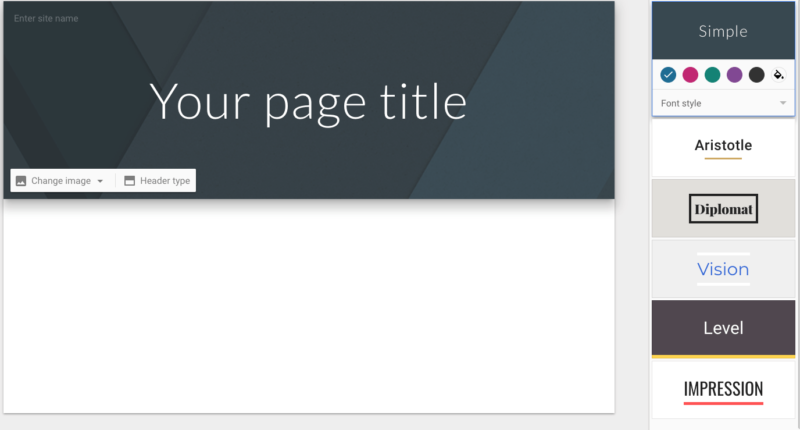
Google Sites offers one basic template in six simple themes.
That said, Google Sites hosts as many pages as you want at no cost. It connects to your custom domain. It integrates with every other Google service, like Docs, Forms, and Slides. And it’s absurdly simple to use, especially if you’re used to working in Google products. If you already have a Google account, or are paying for GSuite for email hosting (which I wholeheartedly recommend), it’s a no-brainer.
Free Web Hosting Alternatives for Subdomain Sites
If you’re okay with a subdomain (as opposed to a custom domain) your options for free hosting increase. That’s because lots of great website builders offer freemium versions of their platforms when you use a subdomain — for example, our URL would be quicksprout.wordpress.com or quicksprout.wix.com.
Obviously, a subdomain lacks the professionalism of a custom domain, and free versions of any website builder product or platform tend to be pretty stripped down. But if you’re interested in launching content quickly, subdomains offer a really low barrier of entry. Most can launch in just a few minutes. Even better, if you envision a more robust web presence in the future, starting for free on the platform you ultimately want to use means you’ll have everything already built. You’ll just need to upgrade.
At the free level, these 3 are pretty comparable. They’ve all got an assortment of free templates or themes, an easy-to-use editor, limited storage, and ads for their service floating near the footer or in a bottom corner of the site. If you may eventually upgrade to a paid plan, check out our review of website builders. I go into a lot more detail than I do here.
Weebly
- Drag-and-drop builder, plus templates
- 500MB storage
- Weebly.com subdomain (yoursite.weebly.com)
- Displays Weebly ads
- Upgrade for custom domain, no ads, and ecommerce functionality: starts at $8/month
The free version of Weebly includes ads and a Weebly subdomain. You’ll be limited to 500MB of storage, but will have the full drag-and-drop builder plus templates. You can always start with the free version and upgrade later, though Weebly’s ads are pretty obvious.
Wix
- Drag-and-drop builder, plus templates
- 500MB storage
- 500MB bandwidth
- Wix subdomain (username.wixsite.com/siteaddress)
- Displays Wix ads
- Upgrade for custom domain, no ads, and ecommerce functionality: starts at $11/month
Wix’s free plan is a lot like Weebly’s — you’ll get 500MB of storage and a drag-and-drop builder with templates. But you’ll subsidize your free plan with ads and one of the most eggregious subdomains out there, username.wixsite.com/siteaddress. You have the option to start for free and upgrade at a later time.
WordPress.com
- Choose from free themes
- 3GB storage
- Unlimited bandwidth
- WordPress.com subdomain (yoursite.wordpress.com)
- Displays WordPress ads
- Upgrade for custom domain and no ads: starts at $4/month
I love WordPress, but typically recommend people go with WordPress.org, the self-hosted version. The fully hosted version does have a free subdomain plan with free themes, but you’ll be using a subdomain and displaying WordPress ads. To get rid of those elements, it’ll be $4 a month, or about the price of some of the best web hosts. I think it’s better to go the self-hosted route at that point.
Best Free Web Hosting for Nonprofits and Educators
There are excellent — and extremely robust — free hosting options available for nonprofits and educators. These typically aren’t stripped-down versions, but full-blown shared hosting plans that are available for free, including custom domains, full technical functionality, and attentive customer support.
For nonprofits, I recommend DreamHost.
DreamHost offers one free Unlimited shared hosting plan (which includes email hosting) for 501(c)(3) organizations, plus a 35% discount on its suped-up DreamPress managed WordPress hosting. Both are killer deals.
DreamHost is a really big name in web hosting. It’s one of our top picks for best web hosts for small businesses and is one of three recommended hosts by WordPress itself. Most of the other free web hosts for nonprofits don’t have nearly as strong of reputations, nor offer as robust free plans. This plan has unlimited bandwidth, unlimited storage, and you can host an unlimited number of sites. Read more about the company in my Dreamhost web hosting review.
5 Other Free Web Hosts for Nonprofits to Consider
A Small Orange
Free month-to-month “Small Shared Plan” for businesses that pass A Small Orange’s “criteria.” You’ll get 50GB bandwidth, 5GB storage, and can host an unlimited number of sites.
InterServer.net
Free “Standard” web hosting for 501(c)(3) organizations, which includes unlimited bandwidth, unlimited storage, and unlimited sites.
Kualo
Free “Startup” shared hosting plan (plus free LiteSpeed caching add-on) for US-based charities that meet Kualo’s criteria. The plan comes with unlimited bandwidth, 30GB storage, and unlimited websites.
MightWeb
Free “Starter” shared hosting package to nonprofits in the US. This plan has unlimited bandwidth, but only 5GB storage and just 2 websites.
Weberser Web Hosting
This free non-profit hosting plan only includes 100GB bandwidth, 5GB storage, and 1 website.
Best Free Web Hosting for Educators
Some of our favorite web hosts provide free or deeply discounted services for teachers and university administrators.
SiteGround Hosting for Educators
- 1 website
- 10GB storage and unmetered bandwidth
- SiteGround subdomain: yoursite.sgedu.sit
SiteGround, our pick for best web host, has some of the most robust shared hosting technology available — and arguably the best reputation in an industry of hundreds. SiteGround offers all the features and functionality of its StartUp Plan (including 24/7 support on chat, phone and ticket) to teachers for free with a SiteGround subdomain. SiteGround also discounts its hosting for students. Learn more about SiteGround plans and features in my SiteGround hosting review.
InMotion Hosting for Educators
- 6 websites
- Unlimited storage and bandwidth
InMotion Hosting, our pick for best web host for beginners and another standout in the world of shared hosting, gives its mid-tier Power plan to educators for free. Check out my InMotion hosting review for more info on the hosting company.
Weebly for Educators
- Drag-and-drop editor, plus templates
- Unlimited bandwidth and storage
- Includes 40 student accounts
Weebly has a eductor-focused arm of its website builder business. It works just like Weebly for any small business or personal website, but is geared for educators. The edu-version of Weebly gives the option of publishing content to a custom domain, not a Weebly subdomain. It also skips all Weebly advertising.
If you like the sound of Weebly and a website builder, check out WordPress’s version, Edublogs. Similarly, it offers an ad-free environment with class and student management functionality, edu-focused plugins, and an Edublog subdomain.
Recap On Free Web Hosting
If you’re after free web hosting, you might really want the simplicity and ease of a free website builder. I’m impressed with both Ucraft and Google Sites which provide easy to use drag-and-drop templates and support custom domains. Yes, you’ll be limited in design and there will be some sort of “Powered by” ad in the footer on both. If those are deal-breakers, you probably do want web hosting.
Any free host will have similar drawbacks: limited storage and bandwidth, potential for spam-flagging email, and limited customer support. Go with Awardspace for more storage (1GB), Atspace for 24/7/365 help, or Freehostia if your site is really small (under 250MB).
If you’re an educator or nonprofit, you have a lot more — and better — options. SiteGround and InMotion Hosting, two of our very favorite web hosts, have excellent free plans for educators. So does website builder Weebly. And Dreamhost, another of our favorite web hosts, doesn’t charge nonprofits for one free Unlimited shared hosting plan.
Source Quick Sprout https://ift.tt/2PLkK16

